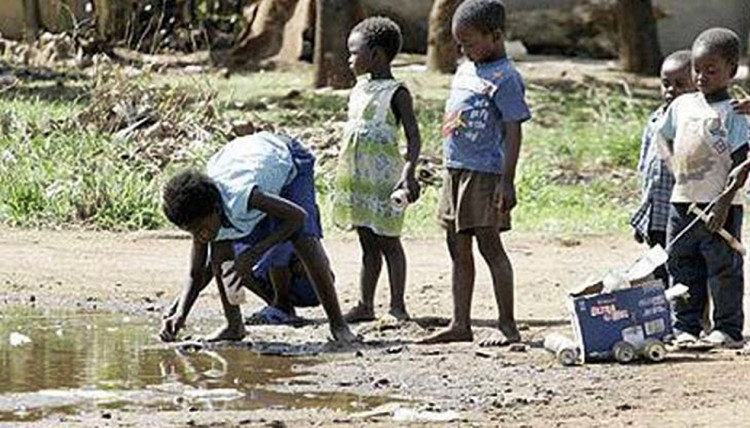The World Food Program warns famine might be widespread in 2021 if funding to fight world hunger dries up.
WFP executive director David Beasley is appealing to countries, especially advanced economies, not to reduce aid that helped beat back the worst of world hunger in 2020.
A world hunger pandemic was averted this year "because the world leaders responded with money, stimulus packages and deferral of debt," said Beasley.
He said COVID-19 infections were on the rise. Economies are continuing to deteriorate - particularly in low- and middle-income countries - and new lockdowns loom.
Beasley said the WFP is working desperately to avert "this tragedy that we are facing - crises that really are going to be extraordinary over the next, who knows, 12 to 18 months."
He said the Nobel Prize conferred on WFP allows him to better present his case for fighting hunger to world leaders. "Everybody now wants to meet with the Nobel Peace Prize winner," noted Beasley.
He now gets 45 minutes instead of 15 minutes with leaders. He is using the time to explain how bad things are going to be 2021 and how leaders will have to prioritize food programs for the poor.
"I'm telling them you're not going to have enough money to fund all the projects you historically fund," he said.
He tells world leaders that even as the world confronts the COVID-19 pandemic, it is also "on the brink of a hunger pandemic" that might lead to "multiple famines of biblical proportions" within a few months if action isn't taken.
Beasley revealed the number of people facing hunger is closing in on 270 million.
"There's about three dozen countries that could possibly enter the famine conditions if we don't have the money we need," according to Beasley.
At least 20 countries "are likely to face potential spikes in high acute food insecurity" in the next three to six months "and require urgent attention," said a joint analysis by WFP and the U.N. Food and Agriculture Organization.
Among these countries are Yemen, South Sudan, northeastern Nigeria and Burkina Faso. The study said some areas in these countries "have reached a critical hunger situation following years of conflict or other shocks," and any further deterioration in coming months "could lead to a risk of famine."
Other countries requiring urgent attention are Afghanistan, Cameroon, Central African Republic, Congo, Ethiopia, Haiti, Lebanon, Mali, Mozambique, Niger, Sierra Leone, Somali, Sudan, Syria, Venezuela and Zimbabwe.
Attaining zero hunger is one of the 17 global goals for sustainable development adopted to improve people's lives by 2030. Zero hunger pledges to end hunger, achieve food security, improve nutrition and promote sustainable agriculture.






